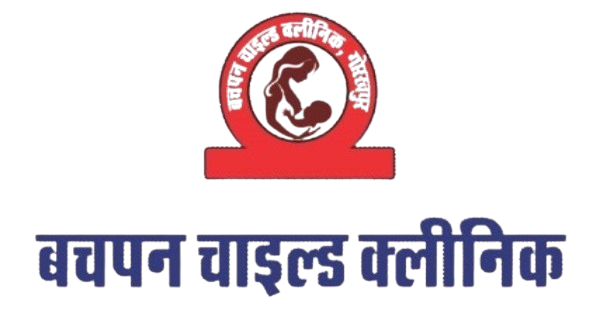Diarrhea is defined as having three or more loose or watery stools per day. It is common in children and can be caused by various factors, including infections, dietary changes, and underlying health issues.
Symptoms
In addition to loose stools, children with diarrhea may experience:
- Abdominal Pain or Cramping
- Nausea and Vomiting
- Fever
- Dehydration: Signs include dry mouth, decreased urination, lethargy, and excessive thirst.
Causes
Infections:
- Viral Infections: Common viruses include rotavirus and norovirus.
- Bacterial Infections: Such as E. coli, Salmonella, or Campylobacter.
- Parasitic Infections: Less common but can occur, especially in developing countries.
Dietary Causes:
- Food Intolerances: Lactose intolerance or allergies to certain foods.
- Dietary Changes: Sudden changes in diet or introduction of new foods.
- Antibiotic Use: Disruption of normal gut flora can lead to diarrhea.
- Underlying Medical Conditions: Conditions like inflammatory bowel disease (IBD) or irritable bowel syndrome (IBS).
Diagnosis
- Medical History and Physical Examination: Assessment of symptoms and duration.
- Stool Tests: To identify infections or blood in the stool.
- Blood Tests: May be done in severe cases to assess dehydration or other issues.
Treatment
- Rehydration:
- Oral Rehydration Solutions (ORS): Vital for replacing lost fluids and electrolytes.
- Fluids: Encourage the intake of clear fluids, avoiding sugary drinks.
- Dietary Management:
- Bland Foods: Once vomiting subsides, reintroduce bland foods like bananas, rice, applesauce, and toast (BRAT diet).
- Avoid Dairy and Fatty Foods: Until the diarrhea resolves.
- Medications:
- Antibiotics: Only if a bacterial infection is confirmed.
- Anti-diarrheal Medications: Generally not recommended for young children without a doctor’s guidance.
- Medical Attention:
- Seek medical care if diarrhea persists for more than a couple of days, if there are signs of dehydration, or if the child has a high fever.
Prevention
- Good Hygiene Practices: Frequent handwashing, especially before meals and after using the restroom.
- Safe Food Handling: Proper cooking and storage of food to prevent infections.
- Vaccination: Rotavirus vaccine can help prevent viral diarrhea.
Conclusion
Diarrhea can lead to dehydration, especially in young children, so it’s important to monitor symptoms and maintain hydration. If you have any concerns about your child’s condition, seeking medical advice is crucial.
